South Yorkshire metro mayor Oliver Coppard says getting national, regional and local agencies to pull in one direction is crucial for his region’s progress
Oliver Coppard believes he’s on the verge of gaining powers that could join the dots between health, employment and education services and make a dent in South Yorkshire’s deep-rooted inequalities.
Any day now, the government is due to publish a devolution white paper that promises to give metro mayors like Coppard “the tools needed to boost economic growth”.
Greater Manchester and the West Midlands have already been promised so-called ‘single funding pots’ from March to replace dozens of separate income streams. South Yorkshire, along with Liverpool City Region, the North East and West Yorkshire combined authorities hope to get theirs in 2026.
And Coppard’s team – buoyed by success in taking the region’s tram system under public control – are already working out how they’re going to spend it.
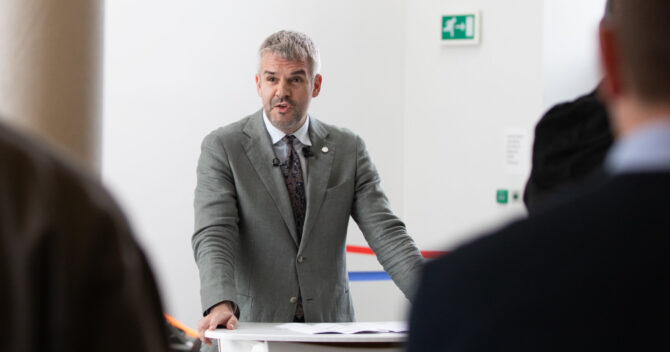
Skills on the doorstep
At 43, Coppard is one of England’s youngest metro mayors. He had name recognition locally before being elected in 2022, having stood against the then-deputy prime minister Nick Clegg in his Sheffield Hallam constituency at the 2015 general election, losing out by around 2,000 votes.
We meet at his glassy Sheffield office the day before the US election, significant for Coppard who confesses a “love affair with American politics” having interned for Dick Gephardt, then Democratic leader in the House of Representatives, during his University of Leeds politics degree.
He returned in 2012 to volunteer for the Obama campaign, but wasn’t one of the Labour activists campaigning for Kamala Harris that Donald Trump accused of “blatant foreign interference”.
Coppard says: “I would’ve gone out on the same basis now if I wasn’t mayor, it’s got nothing to do with the Labour Party. It’s just because I care about American politics, and I like campaigning, I like knocking on doors.”
On the doorstep, he admits most people associate him with transport issues, rather than his skills agenda.

Transport plans
This is hardly surprising, given one of Coppard’s most notable achievements has been his combined authority taking control of the Supertram network in March after 27 years, as part of plans for an integrated transport network to connect communities.
The combined authority also recently invested £5 million in school buses to boost capacity because the cost-of-living crisis means “some people can’t afford to get their kids to school”.
But last year it scrapped the Zoom Beyond travel pass launched in 2021, which gave 18 to 21 year olds cheaper bus fares. “We couldn’t sustain it because of the funding challenges that come with the privatised bus market,” he says.
Coppard believes public transport cutbacks are partly to blame for the rise in NEETs (not in education, employment or training) in South Yorkshire.
In 2021, 16 per cent of South Yorkshire’s working-age population had no qualifications compared to 12 per cent nationally, and the region has “a problem” with “very basic level skills and being able to make sure that people can access opportunities”.
Coppard is equally passionate about skills training for those already in work. He believes “that’s one of the big areas where this country has always fallen behind… working with people in work to target those areas where we need to increase productivity”.
The combined authority does this through its skills bank, a public-private investment fund which match-funds employer contributions to skills training.

Coppard says where employers have a “specific training programme that contributes to growth”, South Yorkshire offers to co-fund it.
After being funded for the first four years by South Yorkshire’s local economic partnership, the combined authority took over in 2022 with a £5 million cash injection until 2025.
“For me, that’s a really good example of where devolution gives you those levers,” he says. “But we need to be able to do more. Devolution hasn’t gone far enough in the skills space. This government would hopefully argue the same.”
Going local
When Coppard is given access to a single devolved pot, his skills strategy reveals he wants to set up new community skills hubs to “deliver the next generation of programmes targeted at reducing economic inactivity”.
These will “bring together skills, health and employment support”, requiring “close partnership working with Job Centre Plus, health services and community groups”.
His optimism comes from experience of joining up different systems in the health and work space to improve outcomes for residents. South Yorkshire’s WorkWell, initially launched by Coppard’s predecessor Dan Jarvis in 2018, is now one of 15 pilots each getting £3.5 million for “tailored early-intervention work and health support and assessment, and a single, joined-up gateway to other support services”.
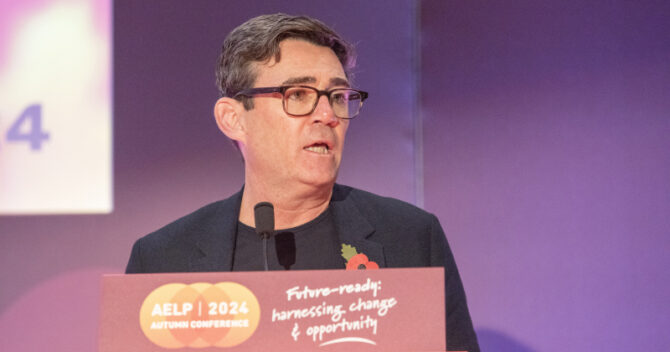
But he is facing some criticism of his proposals.
At a recent combined authority meeting, members expressed concern about Coppard’s pledge for a single point of entry for skills and employment services in South Yorkshire, saying commissioning on a regional level wasn’t local enough.
And there are capacity issues at the combined authority – a report said its “demand for analysis and insight outstrips supply” – which is partly why the implementation plan to deliver the skills strategy, published in spring was delayed by at least four months to January.
Coppard speaks quickly and at times erratically. He is hard to pin down on policy specifics, partly perhaps because of uncertainty about exactly how much he will get from central government under the next devolution deal, and for what.
When asked to explain the difference between his powers and those of Greater Manchester mayor Andy Burnham, he pauses to consider how he can best articulate the complexity of the current devolution landscape.
“As a mayor, I struggle with some of this,” he says candidly.
Devolution is a complex issue, but particularly so for the residents of South Yorkshire. Their combined authority was, for its first three years, called Sheffield City Region, but to stop the spotlight shining so brightly on the Steel City as opposed to neighbouring Doncaster, Barnsley and Rotherham, it was renamed South Yorkshire in 2021.
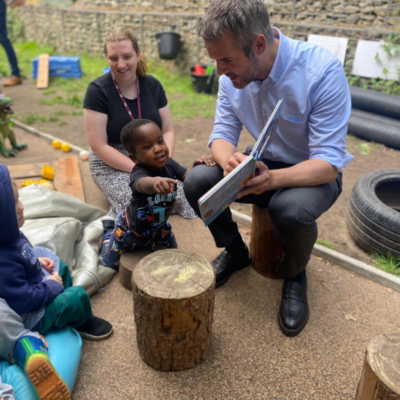
Missing money
Unsurprisingly, Coppard gushes enthusiastically about the intentions of the current government. As for the last one, he has a large chip on his shoulder over how South Yorkshire was short-changed in competitive funding allocations.
A £560 million bid for its Bus Service Improvement Plan “didn’t get a single penny”, and with “levelling-up funding in general, we didn’t get the support that we wanted or needed”.
What’s more, Coppard, who was director of the regional Remain campaign during the 2016 referendum, says that until 2014, South Yorkshire was one of the country’s biggest recipients of the European Union’s objective-one funding which gave more to “particularly egregiously worse off” areas. But from 2014 to 2020, the government changed the funding formula to “particularly disadvantage” South Yorkshire and Liverpool City region.
While South Yorkshire received €111 per head, the North East got €273 and Tees Valley €300.
He claims that because his region has become more deprived since then, “we would technically be back in objective one funding now if we were still part of the EU”.
South Yorkshire got £38 million over three years from the UK shared prosperity fund (intended to replace EU structural funding), and Coppard claims the last government “promised” to double its share of that to match the money it previously received from the EU. That increase “never materialised” in what Coppard describes as a “political trap” for the incoming Labour government.
“They’d never accounted for any of that money… it just so happened that that coincided with an electoral timetable. Now this government’s having to figure out how to actually fund some of these things where no money was ever set aside.”
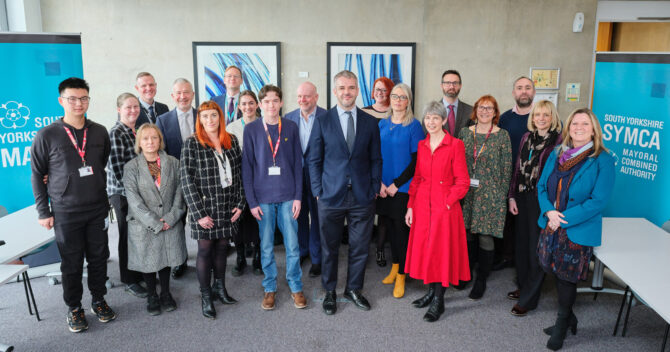
LSIPs from a ‘previous age’
Coppard is equally dismissive of the last government’s attempts to encourage joint working between skills providers, employers and local government players through local skills improvement plans (LSIPs), saying they “feel like a product of a previous age”.
Coppard admits his region has “not always worked hand in glove” across private and public sector institutions.
This is evident in the fractious birth of the combined authority itself; after a deal was signed in 2015, several local authorities pulled out, and both Barnsley and Doncaster backed an alternative proposal for a giant pan-Yorkshire combined authority before the government quashed the idea.
But Coppard claims that in recent years, relationships between key players have “changed quite dramatically”. He wants “more of a connection to the way South Yorkshire works now” as regards LSIPs, to “speak to the wider objectives and approach” that his region is trying to take.
Meanwhile, Skills England is about to start flexing its muscles over mayors, as part of its remit to hold local and national partners to account to ensure pledges made on skills are delivered.
It is not a prospect that Coppard seems to be relishing.
He points to Homes England as an example of a national arms-length agency that works successfully with South Yorkshire, partly because it provides the “capacity and expertise” that his combined authority lacks in planning for the delivery of new homes. But it still “recognises we have a leadership role to play”.
“So working much more on our priorities, rather than being mandated to by a national organisation, has to be the way forward,” Coppard adds.
Skills England will also help oversee South Yorkshire’s growth plans, as part of its work to ensure areas meet the government’s blueprint for its industrial strategy and green prosperity plan.
Coppard is concerned that “if you’ve got national organisations sitting outside of the system, you’re not going to be able to push all those levers to genuinely influence things”.
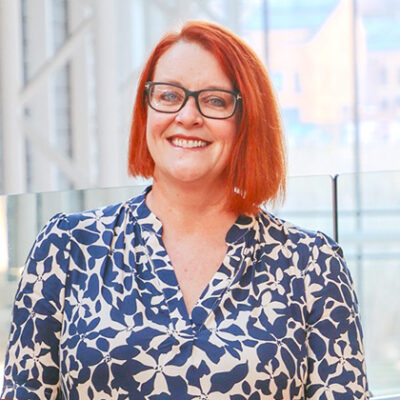
College relationships
But he brightens up when we talk about his relationship with local colleges. He is in “regular conversation” with them about “all sorts of things,” not just skills.
He recently held a roundtable on the local police and crime plan, chaired by David Blunkett and attended by Sheffield College chief executive Angela Foulkes, who “helped us think through some of the challenges for policing and crime when it comes to our colleges”.
He is “lucky” in South Yorkshire because, being a smaller region with a “limited number of colleges”, it is “easier” for him than some other mayors to develop those relationships.
Coppard is keen to build on Sheffield’s reputation as a hub for advanced manufacturing.
He wants more sway over careers advice in schools, to influence pupils to consider professions in sectors like advanced manufacturing that are key to his growth plans.
Plus he wants to expand Rotherham’s Advanced Manufacturing Research Centre, which is “massively oversubscribed”, and use bus reforms to remedy the fact only 1 per cent of the region’s population can access that centre by public transport within 30 minutes.
If all this can be done, Coppard says it will be a “really good example” of what can be achieved through devolution.
“Knitting up this system so people can genuinely access opportunity feels like my challenge, and it’s where I’m proudest to be working.”









Your thoughts